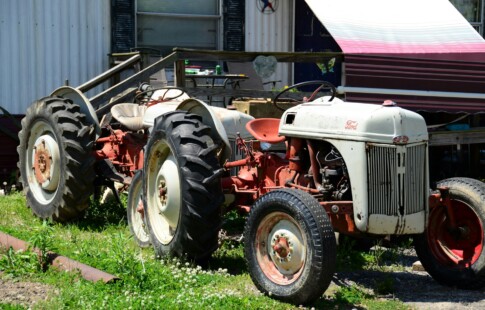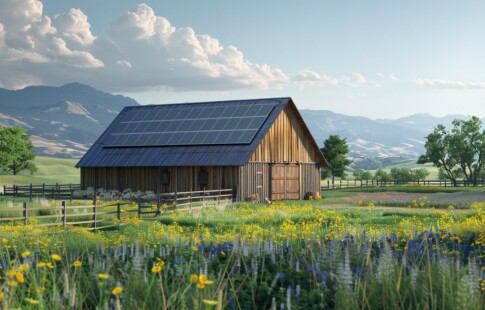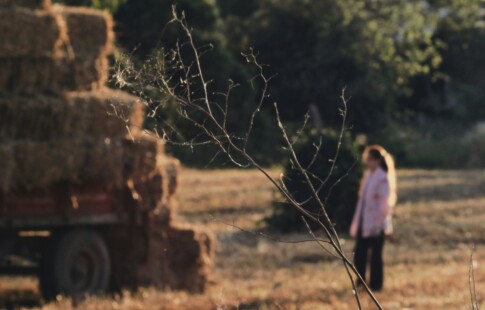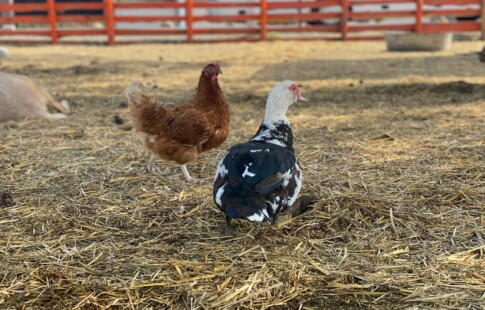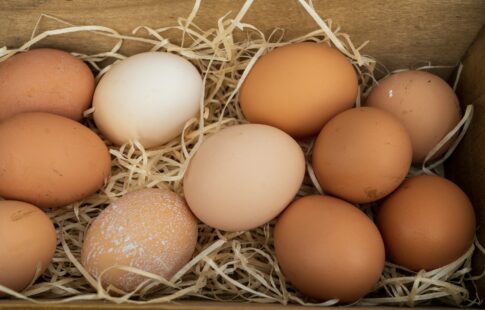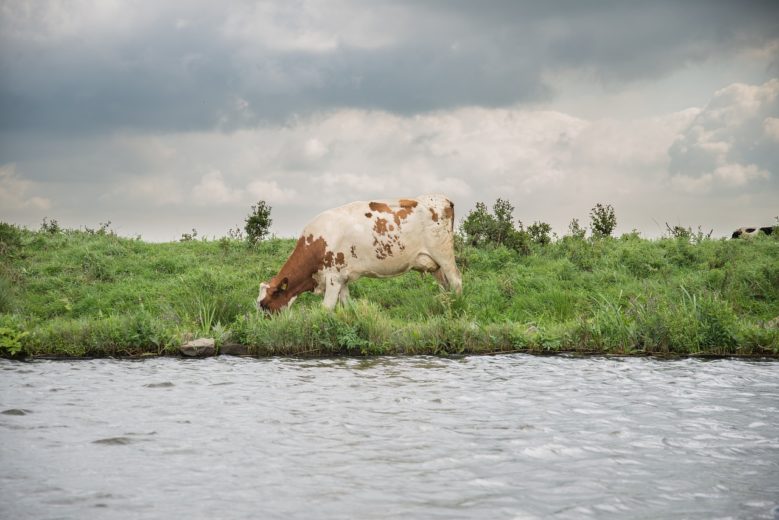
What Is Agricultural Runoff, and How Is It Harming Our Waters?
We are reader-supported. When you buy through links on our site, we may earn affiliate commission.
Water is a resource that gets a lot of coverage, probably because living things need it to survive. You may not think about your water sources, especially all you have to do is turn on the tap. But clean, easily accessible water is by no means available to everyone, and a problem called agricultural runoff exacerbates matters.
What Is Agricultural Runoff?
Runoff happens when the water from rain, melted snow or irrigation doesn’t sink into the soil for proper absorption. Instead, it moves over the ground, picking up natural and artificial pollutants along the way. Eventually, those contaminants get deposited into coastal waterways, lakes, rivers and even underground sources of drinking water.
What is agricultural runoff, then? It’s the kind of water pollution described above, but it’s originated on farms. The U.S. Environmental Protection Agency (EPA) says this runoff is the leading source of impairments to surveyed rivers and lakes. Complicating matters is the fact that there’s no single source of this kind of runoff — farmers can’t just make one change to solve the problem.
For example, one of the leading causes of this kind of pollution is soil that washes off fields. A process called sedimentation involves rainwater picking up particles of dirt, then putting them into lakes or streams. That said, humans can limit agricultural runoff by being careful not to over-water their crops and avoiding excessive pesticide use.
Many farms have switched to drip irrigation to conserve water. It gives water directly to a plant’s root rather than the entire surrounding area. This change is one example of a relatively simple choice that could cut down on unnecessary water usage and prevent agricultural runoff. Be mindful, however, that particular plants are better suited than others to this watering method. Additionally, with clay-based soil, the trickle rate must be slow enough to promote absorption.
How Does Agricultural Runoff Affect Marine Life?
It’s well known that readily available materials like plastics harm our oceans, but what issues does agricultural runoff cause in those bodies of water? One research team sought to find out when they studied groups of sea fan corals in Puerto Rico. Their goal was to measure the impacts of copper pollution, which can enter oceans due to agricultural runoff or paint leaching from boat hulls.
The team spent a year tracking 175 sea fan colonies spread across 15 sites. Although the concentration of copper in the sediment varied by location, the researchers concluded that the sea fans living in places with the highest levels of copper had more difficulty recovering from an ailment called multifocal purple spots disease.
A relevant statistic to be aware of here is that 80% of marine pollution happens because of activities on land. There’s also a potential link between agricultural runoff and the “red tide” phenomenon that occurs when a toxic algae arrives, killing fish and causing skin and eye irritation for some people who decide to swim in the ocean.
In the summer of 2019, charter boats stayed on the shore because no one wanted to go fishing. Some waterfront restaurants shut down, and people canceled their vacations after getting word of the stench associated with the algae. People are eager to find a solution to reduce the impact of the red tide algae. Some put the blame on the sugar industry, but others insist that identifying the problem’s source is not so clear-cut.
What About Agricultural Runoff and Freshwater Sources?
Many people love the scenic beauty they enjoy while living near freshwater bodies of water. However, these bodies of water can become problematic when agricultural runoff comes into the equation.
For example, Missouri’s James River flows into Lake Springfield, and the state’s residents raised concerns about water pollution. One complaint is that cattle manure from farms that line the river flows into the James River, affecting its water quality as well as the purity of nearby Lake Springfield. Some individuals who regularly fish at Lake Springfield no longer eat what they catch due to the possible health risks posed by the agricultural runoff.
Two ways that farmers could address that problem are to fence cattle off from local rivers and lakes and to buffer pasture lands with bushes and trees. The potential for agricultural runoff is one impact of meat that people don’t often consider.
In 2018, a team at the University of Montreal determined the maximum amount of phosphorus that can accumulate before the excess starts polluting downstream ecosystems. They assessed 23 watersheds that feed Quebec’s St. Lawrence River. The conclusions showed that the threshold was an estimated 2.1 tons for every square kilometer of land.
The scientists looked at areas with varying agricultural histories, but they confirmed that although the land absorbs phosphorous year after year, the retention ability gradually decreases. Large-scale farming only began in Quebec in the 1950s, but data showed that some of the areas examined already reached the “tipping point” mentioned above by the 1920s.
A Serious Problem
You’re now informed enough to answer what agriculture run-off is and understand some of the effects it has. There’s no easy, straightforward way to solve the problem, especially because some things out of human control, such as heavier rainfall, can make it worse. However, the more humans can do to minimize the issue — by being more mindful of techniques like irrigation and pesticide use, for example — the better.
Share on
Like what you read? Join other Environment.co readers!
Get the latest updates on our planet by subscribing to the Environment.co newsletter!
About the author
Jane Marsh
Starting from an early age, Jane Marsh loved all animals and became a budding environmentalist. Now, Jane works as the Editor-in-Chief of Environment.co where she covers topics related to climate policy, renewable energy, the food industry, and more.
